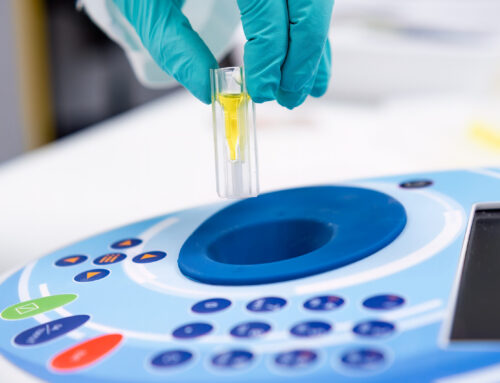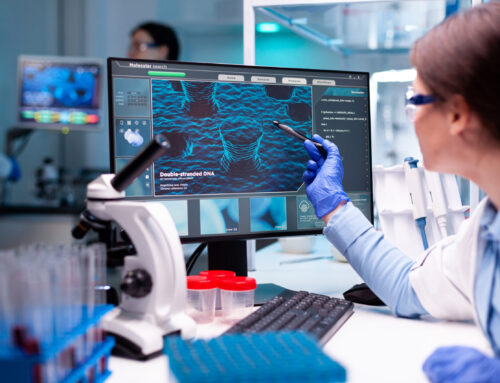In today’s fast-paced, symptom-focused medical world, it’s easy to forget that true health is more than the absence of disease. While conventional medicine excels in emergencies and acute care, it often overlooks the interconnected systems of the body—and the mind. This is where a holistic doctor becomes not just helpful, but essential.
What is a Holistic Doctor?
A holistic doctor looks at you as a whole person, not just a collection of symptoms. This approach considers your physical, emotional, mental, and spiritual health, as well as lifestyle factors like diet, stress, environment, and sleep.
Holistic doctors may be:
- Board-certified physicians with integrative training
- Naturopathic or functional medicine doctors
- Clinical scientists or wellness practitioners trained in evidence-based natural therapies
Their goal? To identify root causes, not just treat symptoms—and to empower you to take charge of your health.
Why Conventional Medicine Often Falls Short
While conventional medicine is critical for acute infections, trauma, and surgery, it often follows a one-size-fits-all model for chronic conditions like fatigue, anxiety, digestive issues, or hormone imbalances. Patients are often prescribed medications without a deeper investigation into why the imbalance occurred in the first place.
Holistic doctors ask different questions:
- Why is your body inflamed?
- How is your gut impacting your brain?
- Is stress driving your symptoms?
- Are nutrient deficiencies behind your fatigue or migraines?
The Benefits of Working with a Holistic Doctor
1. Root-Cause Medicine
Holistic doctors use advanced testing and clinical insight to uncover hidden imbalances—like nutrient deficiencies, gut dysfunction, hormone disruption, or toxic exposures.
2. Personalized Care
No two people are the same. Your treatment plan is customized to your body, your lifestyle, and your health goals—not based solely on textbook symptoms.
3. Prevention-Focused
Rather than waiting for disease to develop, holistic doctors focus on prevention and optimization. This includes tracking biomarkers, addressing early warning signs, and teaching you how to care for your body long-term.
4. Mind-Body Healing
Stress, trauma, and emotional patterns can directly affect physical health. Holistic care often includes strategies to regulate the nervous system, support sleep, and process unresolved emotions—crucial for long-term healing.
5. Education & Empowerment
One of the greatest gifts of holistic care is the education you receive. You learn how to listen to your body, interpret your lab tests, and make informed decisions—turning you from a passive patient into an empowered partner in your own healing.
Who Should See a Holistic Doctor?
You don’t need to be sick to benefit from holistic care. In fact, the best time to work with a holistic doctor is before health issues become serious. That said, people seek holistic support for:
- Autoimmune conditions
- Fatigue and burnout
- Digestive and hormonal imbalances
- Post-cancer recovery and survivorship
- Mood issues like anxiety or depression
- Preventive care and wellness optimization
Final Thoughts
Your body is not a machine with disconnected parts. It’s a finely tuned, interconnected system—and it needs to be treated as such.
A holistic doctor serves as a bridge between modern science and traditional wisdom, helping you unlock the full picture of your health. Whether you’re looking to resolve chronic symptoms, prevent future illness, or simply live with more energy and balance, working with a holistic doctor could be the most important investment you make in your long-term wellness.





